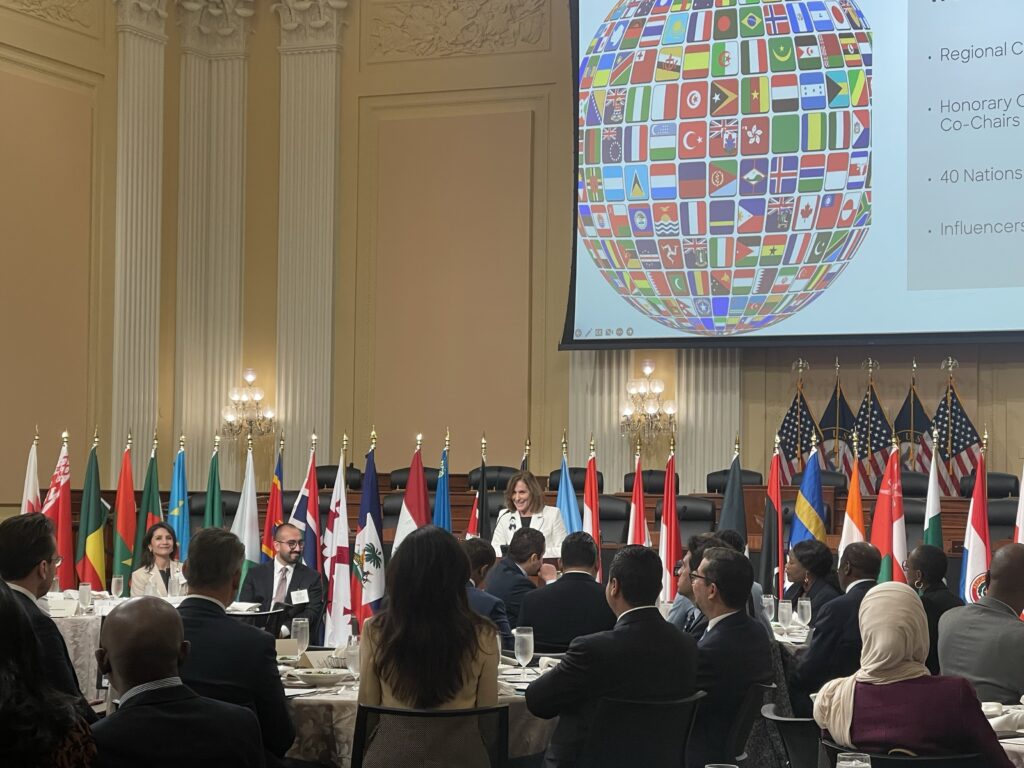Negotiations have resumed this week at the World Health Organisation (WHO) on a “pandemic treaty”, a legally binding instrument that aims to strengthen the WHO’s role in preventing, preparing for, and responding to future pandemics.
Free speech experts have raised concerns about the intended restrictions on freedom of expression in the international agreement. The draft text currently under consideration would commit states to “combat” such things as misleading information, misinformation, or disinformation, without offering a definition for these terms or specifying how this would be done.
It would also require the “management” of so-called “infodemics,” defined as “too much information, false or misleading information during a disease outbreak” causing “confusion” as well as “mistrust” in health authorities. Giorgio Mazzoli, Director of UN Advocacy at ADF International, Tweeted: “The current draft of the WHO Pandemic Agreement implies that people must be protected from ‘information’ that could subjectively be labelled ‘misleading’ or simply considered ‘too much’ by authorities.”
“Especially in the context of a pandemic, the unrestricted flow of information is essential. Yet, the current draft of the WHO Pandemic Agreement implies that people must be protected from ‘information’ that could subjectively be labelled ‘misleading’ or simply considered ‘too much’ by authorities. Such an approach poses a clear threat to freedom of expression.
“The imperative of effectively preventing and responding to future pandemic threats should not come at the price of our fundamental freedoms.”
The freedom to seek, receive and impart information and ideas is protected by numerous international and regional human rights treaties. Yet, if adopted as currently drafted, the WHO Pandemic Agreement would set a dangerously low standard of regard for free speech during a public health crisis. Any government could refer to its obligations under the treaty to limit freedom of expression at such times.
“Freedom of expression, including the right to seek and receive information, is necessary to ensure scrutiny and accountability over critical public health decisions,” Mazzoli continued. “Without publicly available information, people cannot assess the lawfulness and effectiveness of the actions taken by authorities.”
The Pandemic Agreement is poised to serve as a blueprint for how the WHO and the international community will head off future pandemics. Considering its importance and binding nature, the process for negotiating the text – which began in March 2023 – has been exceptionally fast compared to typical timelines. Concerningly, the draft text expressly excludes the possibility for states to enter “reservations” – that is, opting out of any provision of the treaty.
Mazzoli concluded: “We must be vigilant to protect hard-won rights – especially in times of crisis. Everyone agrees that life is precious and that states have an interest in protecting public health.
“But some of the most grave and systematic human rights abuses of the last century unfolded during public emergencies and we must be vigilant to protect hard-won rights – especially in times of crisis. When it comes to vague and undefined concepts such as misinformation or disinformation, the cure is far worse than the disease.”











